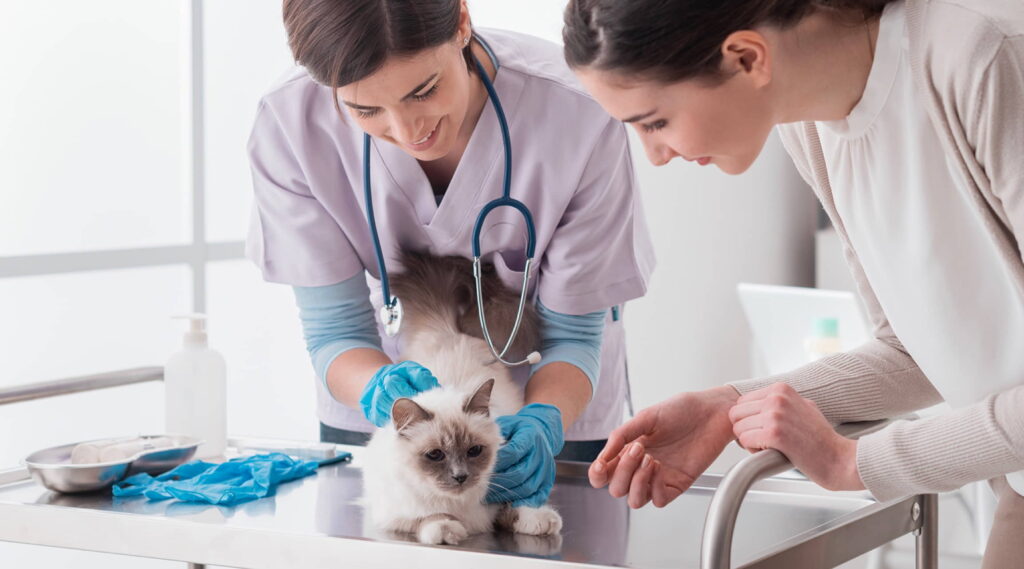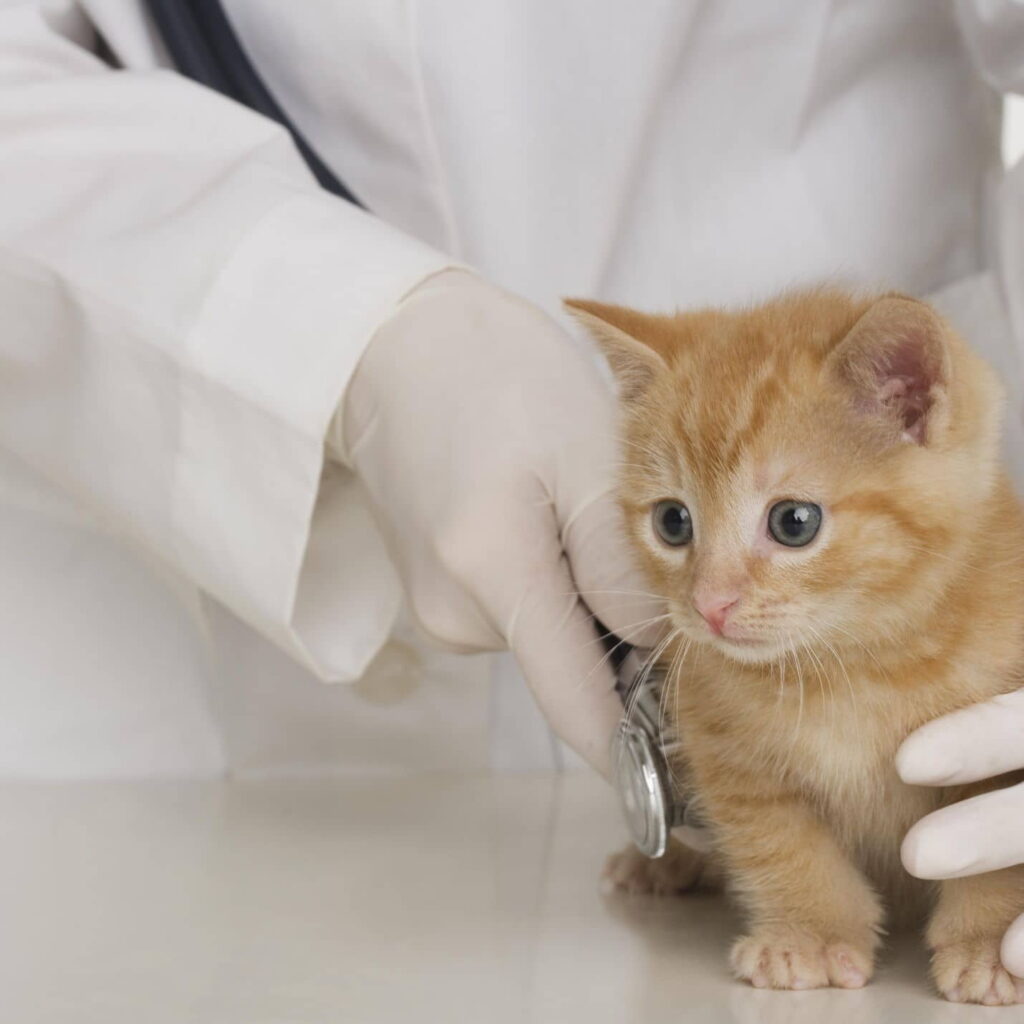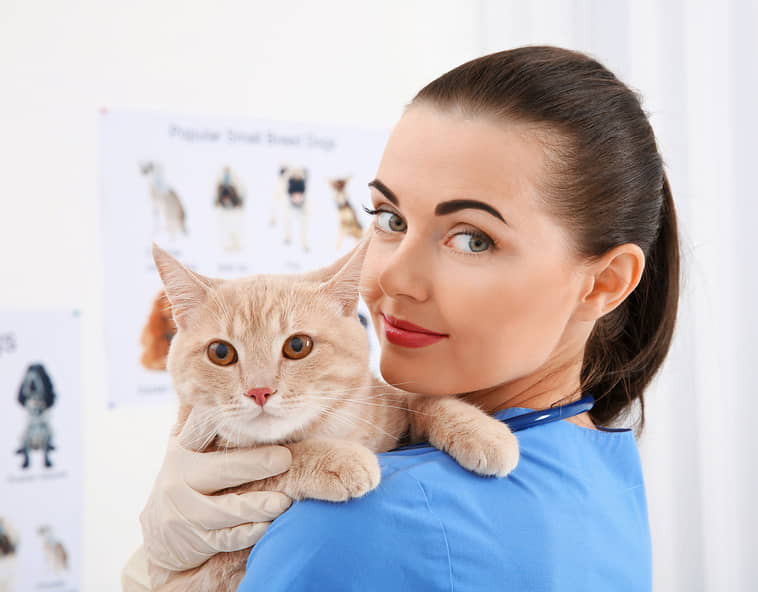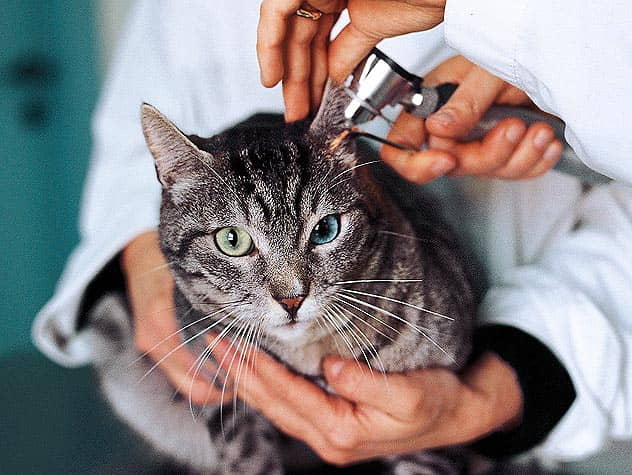Karin Kandur
When making an appointment with your cat’s veterinarian, the New Jersey Veterinary Medical Association recommends the following tips to make sure your pet benefits from a complete health examination.

Come Prepared
If you recently moved, bring a copy of your cat’s medical records with you. Write down any medications your cat may be taking and the dosage. When making an appointment, ask if you should bring a sample of your cat’s stool or urine.
Make a List
Write down all the things that concern you about your cat: hair coat, diet, exercise program, toilet habits, etc. This will help you communicate better.

Write it Down
Don’t be afraid to write down the information your veterinarian provides to you. Ask if there is a handout or a brochure containing more details.
Don’t Be Embarrassed
Your cat’s veterinarian is the other family doctor. There’s no need to feel awkward about asking anything or mentioning something that you’ve noticed. Your veterinarian wants to help keep your cat healthy and happy. Without your observations, important information may be missed.

Ask About Emergency Coverage
Find out the process for after hours emergencies. If the veterinary hospital refers its patients to an emergency facility, be sure you know the address, phone number, and hours.
Types of Visits and Common Questions
New Kitten Visits
Owners of new kittens have many questions about litter training, diet, obedience, behavior, spay/neuter and vaccination schedules. Your veterinarian is very experienced and comfortable with these questions.
Sick Visits
Write down the history of your cat’s illness. Did your cat stop eating? Is he vomiting? How often?
What is he vomiting? Could he have eaten something he shouldn’t have? What might it have been? Was your cat in a fight with another animal? Has he recently been in a kennel? Did you change your cat’s diet recently? Veterinarians have to be detectives when it comes to diagnosing some diseases and the history you provide is quite valuable and may help your veterinarian save your cat’s life.

Wellness Visits
Healthy adult cats still require a health exam. Ask which vaccinations are appropriate for your cat and inquire about seasonal concerns such as fleas and ticks. This is also a great time to dcan becuss up-coming events that might affect your pet such as vacations and visitors.
Checkups for Senior Cats
If your cat is getting older, ask about your cat’s tolerance for exercise, how to recognize senile behavior, what to do about arthritis and other aches and pains, and if a blood panel is necessary to evaluate your cat’s blood and organ health.
Wondering about how to Get Your Cat to Like the Vet? Check it out on our lastest post!


0 Comments